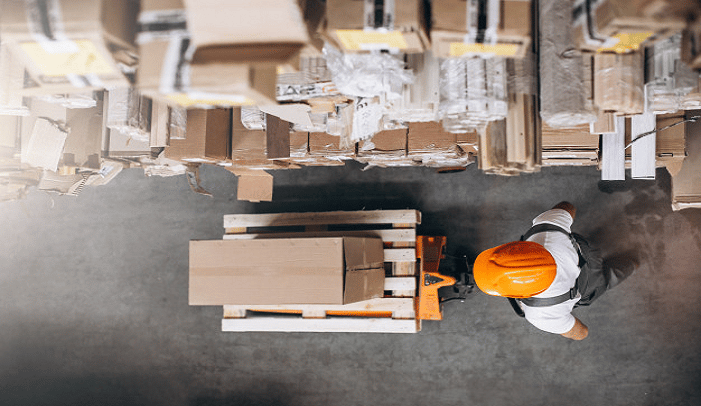Online retail in the Middle East and North Africa is expected to cross $10 billion in the coming year. A key enabler to online retail is the strength of the logistics sector, as the merchandise needs to be sourced/picked from multiple locations, stored in warehouses, and orders delivered to customers’ doorsteps.
Given the high occurrence of COD (cash-on-delivery) in the market, return rates are high and reverse logistics play a critical role in the overall success of the eCommerce sector. The eCommerce logistics sector typically captures 7-10 per cent of the total eCommerce value.
In this region, the costs are higher as the industry needs to manage multiple jurisdictions. We estimate that the eCommerce logistics market will be $1 billion in the coming year. This sector is growing in double digits. According to our forecasts, the eCommerce logistics industry is set to double in the coming five years.
Face-to-face
Most times, the last-mile delivery personnel is the only physical interaction customers have across the full digital shopping journey, and hence logistics is seen as a key differentiator by online players. Our research shows that timely delivery, packaging and reverse pickup are important for repeat customers, who represent a key criteria for online businesses as the acquisition cost for a new customer is high and increasing.
Hence, large online players either bring logistics in-house as seen with Souq’s Qexpress/Wing.ae or form strategic tie-ups as seen by Mohammad Alabbar’s investment in Aramex and Majid Al Futtaim’s in Fetchr.
Grabbing a greater share
eCommerce logistics consists of the first mile (delivering to fulfilment centre/warehouse), the warehousing/packing, and last mile (delivery to customer’s doorstep). The majority of the cost is in the last mile and reverse logistics. Large online marketplaces such as Amazon and Noon have developed their own captive delivery capabilities. They currently have a share of slightly less than 35 per cent of the market.
This compares with 70 per cent of the market with large marketplaces, such as Flipkart and Amazon in India. The rest of the market is captured by omnichannel players, cross-border eCommerce players, and niche local players. With the increasing contribution of online, these players are changing their cost structure and increasing their investments in eCommerce logistics.
Given the high fragmentation of online retail in Mena, we expect third-party logistics players such as Aramex and Fetchr will continue to do well. Aramex is already investing heavily to tap into the opportunity and mentioned eCommerce as the key driver of its solid results in the last quarter.
We are already seeing innovations in this space; from captive logistics centres, third-party logistics providers and start-ups. For example, robotics is transforming warehousing with Amazon, Walmart, Noon and Greyorange all looking to improve efficiency. In last mile delivery, usage of drones has been well covered in the media. Other innovations include lockers (both for first- and last-mile), live multichannel inventory across stores for the last mile, and live tracking.
Logistics players are just not disrupting the online retail industry, they are also providing hyperlocal delivery, as seen in the food services business. There are hyperlocal players such as Delivery Hero, UberEeats, Careem Now and Deliveroo that are changing the market dynamics. These players are integrating vertically into food preparation and using warehouses to make “dark kitchens”.
In India, reports indicate that the warehouse lending market has grown rapidly and with eCommerce contributing as much as 25 per cent of the total warehouse demand. This compares with less than 5 per cent of total retail market being online in India.
The Mena logistics market could be even more attractive as the eCommerce market is more fragmented, and the logistics industry captures a high value along the eCommerce value chain. Furthermore, eCommerce enablers such as logistics, digital marketing and technology require lesser capital in comparison to starting online retail marketplaces.
Given that the unit economics are favourable, the Mena region is expected to see massive investments in eCommerce logistics as the online industry matures.
Find the full article here.

